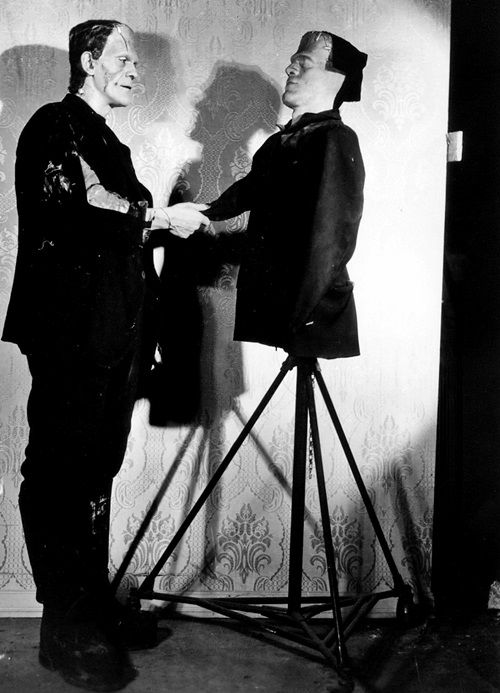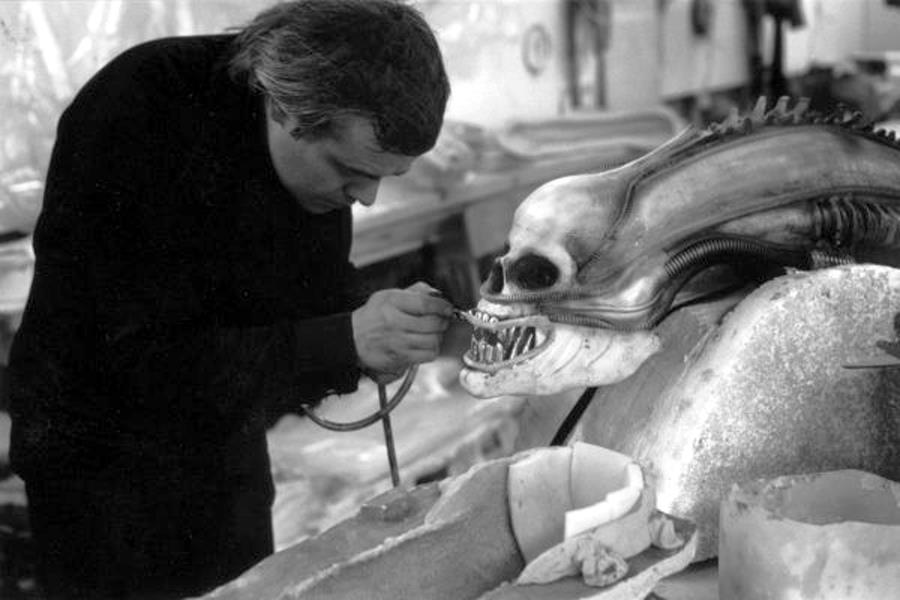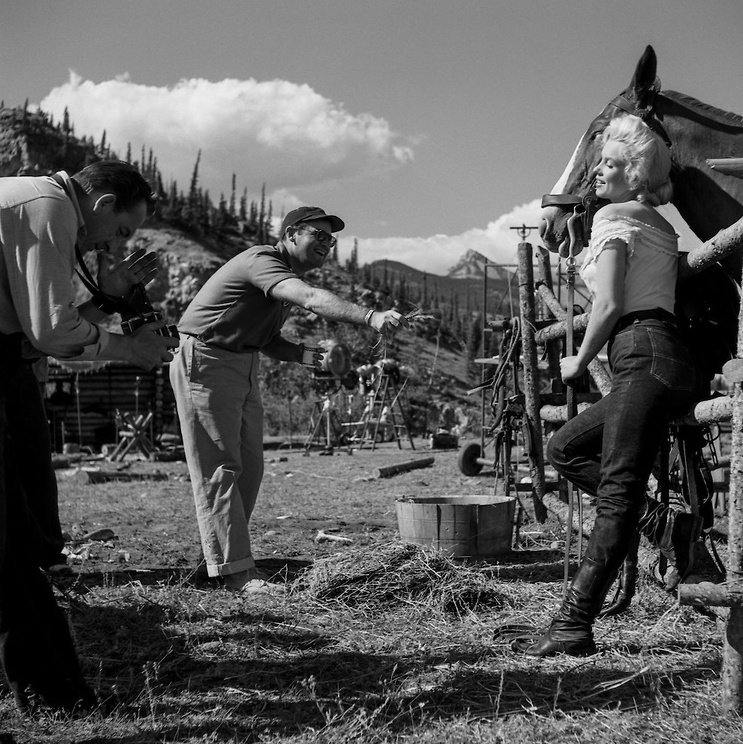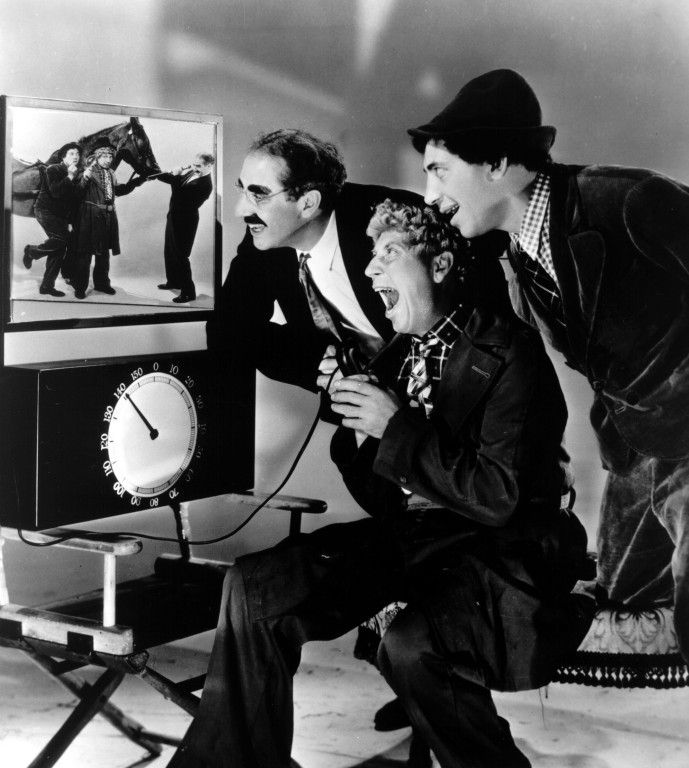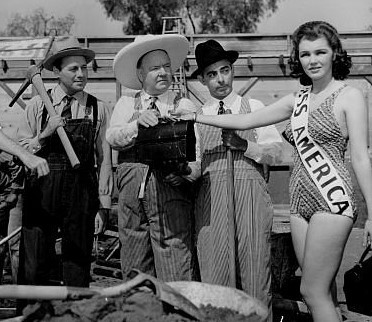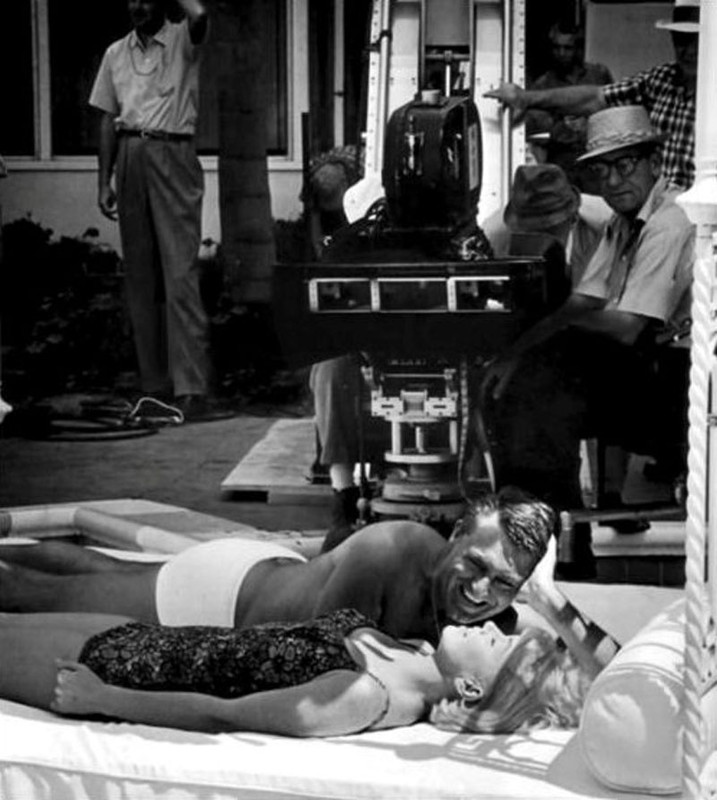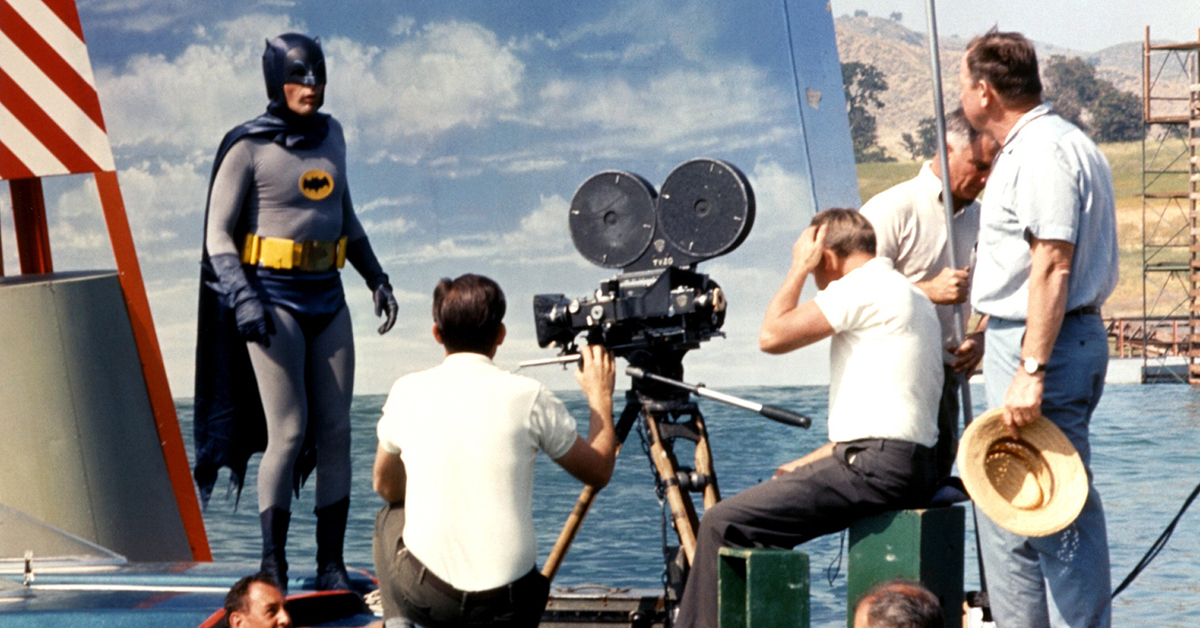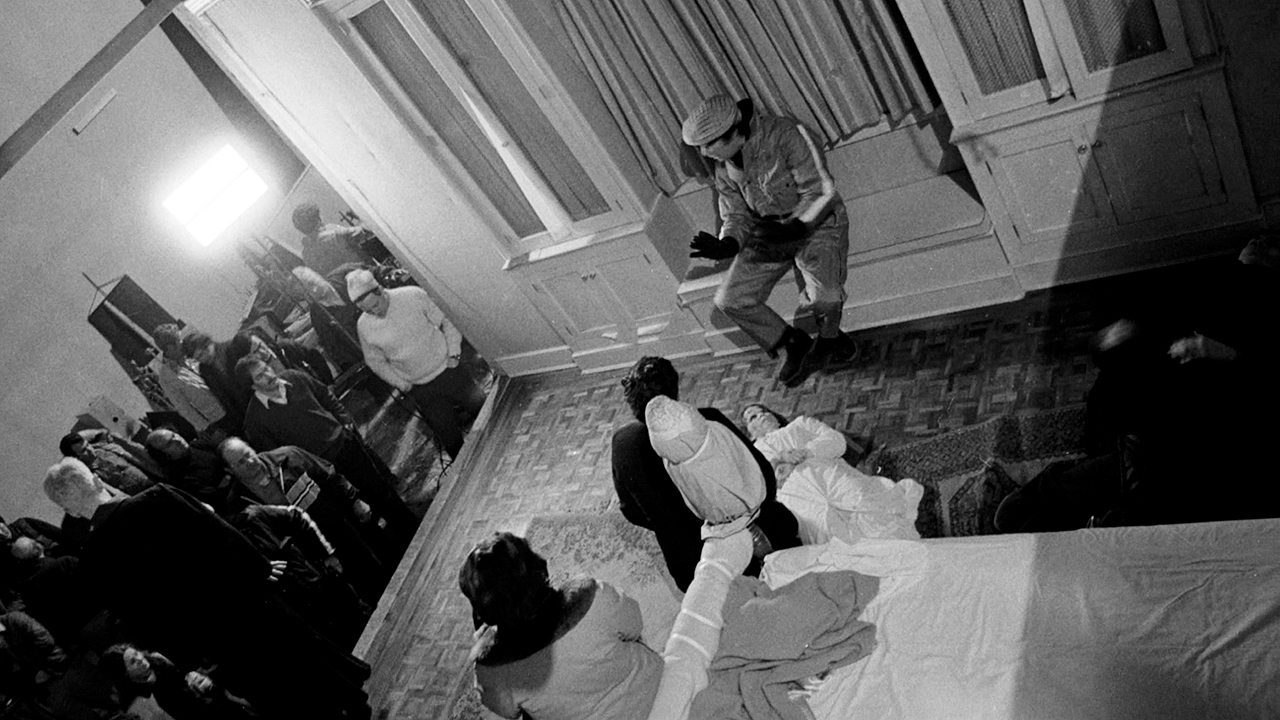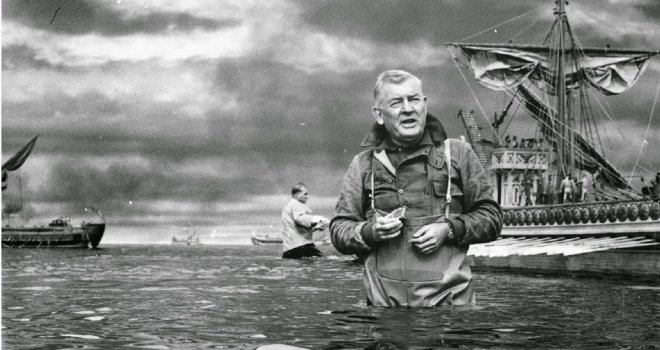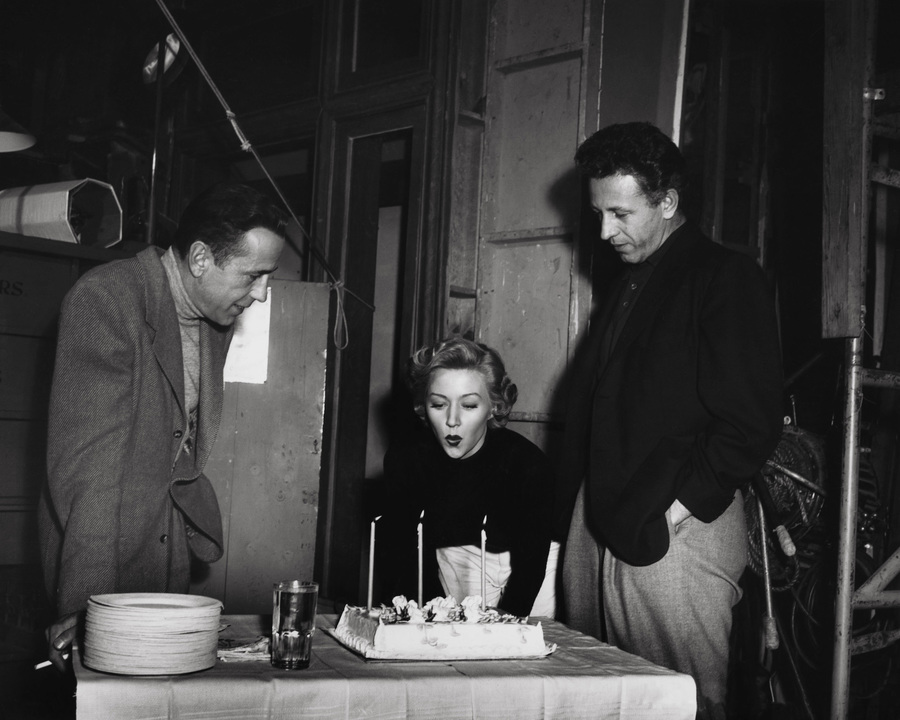Come on, who hasn't read - or hasn't had - Portnoy's Complaint...?
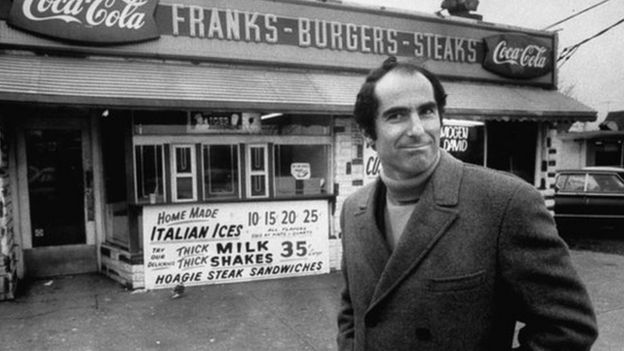 Philip Roth, Towering Novelist Who Explored Lust, Jewish Life and America, Dies at 85
Philip Roth, Towering Novelist Who Explored Lust, Jewish Life and America, Dies at 85Charles McGrath
The New York Times
22 May 2018
Philip Roth, the prolific, protean, and often blackly comic novelist who was a pre-eminent figure in 20th century literature, died on Tuesday night at a hospital in Manhattan. He was 85.
The cause was congestive heart failure, said the writer Judith Thurman, a close friend. Mr. Roth had homes in Manhattan and Connecticut.
In the course of a very long career, Mr. Roth took on many guises — mainly versions of himself — in the exploration of what it means to be an American, a Jew, a writer, a man. He was a champion of Eastern European novelists like Ivan Klima and Bruno Schulz, and also a passionate student of American history and the American vernacular. And more than just about any other writer of his time he was tireless in his exploration of male sexuality. His creations include Alexander Portnoy, a teenager so libidinous he has sex with both his baseball mitt and the family dinner, and David Kepesh, a professor who turns into an exquisitely sensitive 155-pound female breast.
Mr. Roth was the last of the great white males: the triumvirate of writers — Saul Bellow and John Updike were the others — who towered over American letters in the second half of the 20th century. Outliving both and borne aloft by an extraordinary second wind, Mr. Roth wrote more novels than either of them. In 2005 he became only the third living writer (after Bellow and Eudora Welty) to have his books enshrined in the Library of America.
“Updike and Bellow hold their flashlights out into the world, reveal the world as it is now,” Mr. Roth once said. “I dig a hole and shine my flashlight into the hole.”
The Nobel Prize eluded Mr. Roth, but he won most of the other top honors: two National Book Awards, two National Book Critics Circle awards, three PEN/Faulkner Awards, a Pulitzer Prize and the Man Booker International Prize.
In his 60s, an age when many writers are winding down, he produced an exceptional sequence of historical novels — “American Pastoral,” “The Human Stain” and “I Married a Communist” — a product of his personal re-engagement with America and American themes. And starting with “Everyman” in 2006, when he was 73, he kept up a relentless book-a-year pace, publishing works that while not necessarily major were nevertheless fiercely intelligent and sharply observed. Their theme in one way or another was the ravages of age and mortality itself, and in publishing them Mr. Roth seemed to be defiantly staving off his own decline.
Mr. Roth was often lumped together with Bellow and Bernard Malamud as part of the “Hart, Schaffner & Marx of American letters,” but he resisted the label. “The epithet American-Jewish writer has no meaning for me,” he said. “If I’m not an American, I’m nothing.”
And yet, almost against his will sometimes, he was drawn again and again to writing about themes of Jewish identity, anti-Semitism and the Jewish experience in America. He returned often, especially in his later work, to the Weequahic neighborhood of Newark, where he grew up and which became in his writing a kind of vanished Eden: a place of middle-class pride, frugality, diligence and aspiration.
It was a place where no one was unaware “of the power to intimidate that emanated from the highest and lowest reaches of gentile America,” he wrote, and yet where being Jewish and being American were practically indistinguishable. Speaking of his father in “The Facts,” an autobiography, Mr. Roth said: “His repertoire has never been large: family, family, family, Newark, Newark, Newark, Jew, Jew, Jew. Somewhat like mine.”
Mr. Roth’s favorite vehicle for exploring this repertory was himself, or rather one of several fictional alter egos he deployed as a go-between, negotiating the tricky boundary between autobiography and invention and deliberately blurring the boundaries between real life and fiction. Nine of Mr. Roth’s novels are narrated by Nathan Zuckerman, a novelist whose career closely parallels that of his creator. Three more are narrated by David Kepesh, a writerly academic who shares some of Mr. Roth’s preoccupations, women especially. And sometimes Mr. Roth dispensed with the disguise altogether — or seemed to.
The protagonist of “Operation Shylock” is a character named Philip Roth, who is being impersonated by another character, who has stolen Roth’s identity. At the center of “The Plot Against America,” a book that invents an America where Charles Lindbergh wins the 1940 presidential election and initiates a secret pogrom against Jews, is a New Jersey family named Roth that resembles the author’s in every particular.
“Making fake biography, false history, concocting a half-imaginary existence out of the actual drama of my life is my life,” Mr. Roth told Hermione Lee in a 1984 interview in The Paris Review. “There has to be some pleasure in this life, and that’s it.”
Occasionally, as in “Deception,” a slender 1990 novel about a writer named Philip who is writing about a writer having an affair with one of his made-up characters, this sleight of hand feels stuntlike and a little dizzying. More often, and especially in “The Counterlife” (1986), Mr. Roth’s masterpiece in this vein, what results is a profound investigation into the competing and overlapping claims of fiction and reality, in which each aspires to the condition of the other and the very idea of a self becomes a fabrication at once heroic and treacherous.
Mr. Roth’s other great theme was sex, or male lust, which in his books is both a life force and a principle of rage and disorder. It is sex, the uncontrollable need to have it, that torments poor, guilt-ridden Portnoy, probably Mr. Roth’s most famous character, who desperately wants to “be bad — and to enjoy it.” And Mickey Sabbath, the protagonist of “Sabbath’s Theater,” one of Mr. Roth’s major late-career novels, is in many ways Portnoy grown old but still in the grip of lust and longing, raging against the indignity of old age and yet saved from suicidal impulses by the realization that there are too many people he loves to hate.
In public Mr. Roth, tall and good-looking, was gracious and charming but with little use for small talk. In private he was a gifted mimic and comedian. Friends used to say that if his writing career had ever fizzled he could have made a nice living doing stand-up. But there was about his person, as about his writing, a kind of simmering intensity, an impatience with art that didn’t take itself seriously.
Some writers “pretend to be more lovable than they are and some pretend to be less,” he told Ms. Lee. “Beside the point. Literature isn’t a moral beauty contest. Its power arises from the authority and audacity with which the impersonation is pulled off; the belief it inspires is what counts.”
Philip Milton Roth was born in Newark on March 19, 1933, the younger of two sons. (His brother, Sandy, a commercial artist, died in 2009.) His father, Herman, was an insurance manager for Metropolitan Life who felt that his career had been thwarted by the gentile executives who ran the company. Mr. Roth once described him as a cross between Captain Ahab and Willy Loman. His mother, the former Bess Finkel, was a secretary before she married and then became a housekeeper of the heroic old school — the kind, he once suggested, who raised cleaning to an art form.
The family lived in a five-room apartment on Summit Avenue within which were only three books when he was growing up — given as presents when someone was ill, Mr. Roth said. He went to Weequahic High, where he was a good student but not good enough to win a scholarship to Rutgers, as he had hoped. In 1951 he enrolled as a pre-law student at the Newark branch of Rutgers, with vague notions of becoming “a lawyer for the underdog.”
But he yearned to live away from home, and the following year he transferred to Bucknell College in Lewisburg, Pa., a place about which he knew almost nothing except that a Newark neighbor seemed to have thrived there. Inspired by one of his professors, Mildred Martin, with whom he remained a lasting friend, Mr. Roth switched his interests from law to literature. He helped found a campus literary magazine, where in an early burst of his satiric power he published a parody of the college newspaper so devastating that it earned him an admonition from the dean.
Mr. Roth graduated from Bucknell, magna cum laude, in 1954 and won a scholarship to the University of Chicago, where he was awarded an M.A. in 1955. That same year, rather than wait for the draft, he enlisted in the Army but suffered a back injury during basic training and received a medical discharge. In 1956 he returned to Chicago to study for a Ph.D. in English but dropped out after one term.
Mr. Roth had begun to write and publish short stories by then, and in 1959 he won a Houghton Mifflin Fellowship to publish what became his first collection, “Goodbye, Columbus.” It won the National Book Award in 1960 but was denounced — in an inkling of trouble to come — by some influential rabbis, who objected to the portrayal of the worldly, assimilated Patimkin family in the title novella, and even more to the story “Defender of the Faith,” about a Jewish Army sergeant plagued by goldbricking draftees of his own faith.
In 1962, while appearing on a panel at Yeshiva University, Mr. Roth was so denounced, for that story especially, that he resolved never to write about Jews again. He quickly changed his mind.
“My humiliation before the Yeshiva belligerents — indeed, the angry Jewish resistance that I aroused virtually from the start — was the luckiest break I could have had,” he later wrote. “I was branded.”
Mr. Roth later called his first two novels “apprentice work.” “Letting Go,” published in 1962, was derived in about equal parts from Bellow and Henry James. “When She Was Good,” which came out in 1967, is the most un-Rothian of his books, a Theodore Dreiser- or Sherwood Anderson-like story set in the WASP Midwest in the 1940s.
“When She Was Good” was based in part on the life and family of Margaret Martinson Williams, with whom Mr. Roth had entered a calamitous relationship in 1959. Ms. Williams, who was divorced and had a daughter, met Mr. Roth while she was waiting tables in Chicago, and she tricked him into marriage by pretending to be pregnant. He was “enslaved” to her own sense of victimization, he wrote. They separated in 1963, but Ms. Williams refused to divorce, and she remained a vexatious presence in his life until she died in a car crash in 1968. (She appears as Josie Jensen in “The Facts” and, more or less undisguised, as the exasperating Margaret Tarnopol in Mr. Roth’s novel “My Life as a Man.”)
After the separation, Mr. Roth moved back East and began work on “Portnoy’s Complaint,” the novel for which he may be best known and which surely set a record for most masturbation scenes per page. It was a breakthrough not just for Mr. Roth but for American letters, which had never known anything like it: an extended, unhinged monologue, at once filthy and hilarious, by a neurotic young Jewish man trying to break free of his suffocating parents and tormented by a longing to have sex with gentile women, shiksas.
The book was “an experiment in verbal exuberance,” Mr. Roth said, and it deliberately broke all the rules.
The novel, published in 1969, became a best seller but received mixed reviews. Josh Greenfeld, writing in The New York Times Book Review, called it “the very novel that every American-Jewish writer has been trying to write in one guise or another since the end of World War II.” On the other hand, Irving Howe (on whom Mr. Roth later modeled the pompous, stuffy critic Milton Appel in “The Anatomy Lesson”) wrote in a lengthy takedown in 1972, “The cruelest thing anyone can do with ‘Portnoy’s Complaint’ is read it twice.”
And once again the rabbis complained. Gershom Scholem, the great kabbalah scholar, declared that the book was more harmful to Jews than “The Protocols of the Elders of Zion.”
Mr. Roth’s autobiographical phase began in 1974 with “My Life as a Man,” which he said was probably the least factually altered of his books, and continued with the Zuckerman trilogy — “The Ghost Writer” (1979), “Zuckerman Unbound” (1981) and “The Anatomy Lesson” (1983) — which examined the authorial vocation and even the nature of writing itself.
Zuckerman reappeared in “The Counterlife” (1986), where he seems to die of a heart attack and is then resurrected. “Operation Shylock” (1993), which Mr. Roth pretended was a “confession,” not a novel (though in the very last sentence he says, “This confession is false”), involved two Roths, one real and one phony, and the real one claims to have been a spy for the Mossad. The book, with its sense of shifting reality and unstable identity, partly stemmed from a near-breakdown Mr. Roth experienced when he became addicted to the sleeping pill Halcion after knee surgery in 1983 and from severe depression he suffered after emergency bypass surgery in 1989.
For much of this time Mr. Roth had been spending half the year in London with the actress Claire Bloom, with whom he began living in 1976. They married in 1990 but divorced four years later. In 1996, Ms. Bloom published a memoir, “Leaving the Doll’s House,” in which she depicted him as a misogynist and control freak, so self-involved that he refused to let her daughter, from her marriage to the actor Rod Steiger, live with them because she bored him.
Never fond of attention, Mr. Roth became even more reclusive after this accusation and never publicly replied to it, though he privately denied it. Some critics found unflattering parallels to Ms. Bloom and her daughter in the characters Eve Frame and her daughter, Sylphid, in “I Married a Communist.”
An American Trilogy
The marriage over, Mr. Roth moved permanently back to the United States and began what proved to be the third major phase of his career. He returned, he said, because he felt out of touch: “It was really my rediscovering America as a writer.”
“Sabbath’s Theater,” which came out in 1995 and won the National Book Award, is about neither Roth nor Zuckerman but rather Morris Sabbath, known as Mickey, an ex-puppeteer in his 60s. His voice is nothing if not American: an angry, comic, lustful harangue.
“In this new book life is represented as anarchic horniness on the rampage against death and its harbingers, old age and impotence,” Frank Kermode wrote in The New York Review of Books, adding, “There is really only one way for him to tell the story — defiantly with outraged phallic energy.”
Like “Portnoy’s Complaint,” “Sabbath’s Theater” seemed to liberate its author, and yet the work that followed — what Mr. Roth called his American trilogy: “American Pastoral,” “I Married a Communist” and “The Human Stain” — is less about sex than about history or traumatic moments in American culture. Zuckerman returns as the narrator of all three novels, but he is in his 60s now, impotent and suffering from prostate cancer. His prose is plainer, crisper, less show-offy, and he is less an actor than an observer and interpreter.
The books are full of dense reportorial detail — about such seemingly un-Rothian subjects as glove making and ice fishing — as they tell Job-like stories. There is Swede Lvov, a seemingly gilded Newark businessman, a gifted athlete married to Miss New Jersey of 1949, whose life is destroyed in the 1960s when his teenage daughter becomes an antiwar terrorist and plants a bomb that kills an innocent bystander. Ira Ringold is a star of a radio serial during the McCarthy era who is blacklisted and becomes the subject of an exposé published by his own wife. And Coleman Silk, a black classics professor passing as white, commits an innocent classroom gaffe while the Clinton impeachment is taking place and finds himself mercilessly hounded by the politically correct.
These books are not without their comic moments, but history here is no joke; it is more nearly a tragedy. In 2007, Mr. Roth killed Zuckerman off in the sad and affecting “Exit Ghost,” a novel that cleverly echoes and inverts the themes of “The Ghost Writer,” the first of the Zuckerman novels. Meanwhile he had begun writing a series of shorter novels that, after the publication of “Nemesis” in 2010, he began calling “Nemeses.” The sequence began in 2005 with “Everyman,” which starts in a graveyard and ends on an operating table.
That work set the tone for the rest: “Indignation” (2008), a ghost story of sorts about a young student unfairly expelled from college and sent off to fight in the Korean War; “The Humbling” (2009), about an actor who has lost his powers; and “Nemesis,” about the polio epidemic of the 1950s. The prose became even sparer and, in the case of “Nemesis,” deliberately matter-of-fact and unliterary, and though the books have plenty of sexual moments, they are haunted by something darker and bleaker.
Yet the very existence of these books, coming reliably almost one every year, seemed to belie their message. “Time doesn’t prey on my mind. It should, but it doesn’t,” Mr. Roth told David Remnick. He added: “I don’t know yet what this will all add up to, and it no longer matters, because there’s no stopping. All you want to do is the obvious. Just get it right.”
Increasingly, Mr. Roth spent most of his time alone in his 18th-century Connecticut farmhouse, returning to New York mostly in the winter when he grew so stir-crazy he found himself talking to woodchucks. He worked, read in the evenings (nonfiction mostly) and occasionally listened to a ballgame. In some ways he came to resemble his own creation, Nathan Zuckerman, who asks at the end of a chapter in “Exit Ghost,” “Isn’t one’s pain quotient shocking enough without fictional amplification, without giving things an intensity that is ephemeral in life and sometimes even unseen?”
“Not for some,” he goes on. “For some very, very few that amplification, evolving uncertainly out of nothing, constitutes their only assurance, and the unlived, the surmise, fully drawn in print on paper, is the life whose meaning comes to matter most.”
In 2010, right after “Nemesis,” Mr. Roth decided to quit writing. He didn’t tell anyone at first, because, as he said, he didn’t want to be like Frank Sinatra, announcing his retirement one minute and making a comeback the next. But he stuck with his plan and in 2012, he officially announced that he was done. A Post-it note on his computer said, “The struggle with writing is done.”
He had been famous for putting in endless days at his stand-up desk, throwing out more pages than he kept, and in a 2018 interview he said he was worn out. “I was by this time no longer in possession of the mental vitality or the physical fitness needed to mount and sustain a large creative attack of any duration.” He settled into the contented life of an Upper West Side retiree, seeing friends, going to concerts.
He was in frequent communication with his appointed biographer, Blake Bailey, whom he sometimes flooded with notes, and he was also at pains to straighten out an erroneous Wikipedia account of his life. Mostly, he read — nonfiction by preference, but he made exception for the occasional novel. One of the last he read was “Asymmetry,” by Lisa Halliday, a book about a young woman who has a romance with an aging novelist who bore an unmistakable resemblance to Mr. Roth — funny, kind, acerbic, passionate, immensely well-read, a devotee of Zabar’s and old movies. In an interview, Mr. Roth acknowledged that he and Ms. Halliday had been friends, and added: “She got me.”
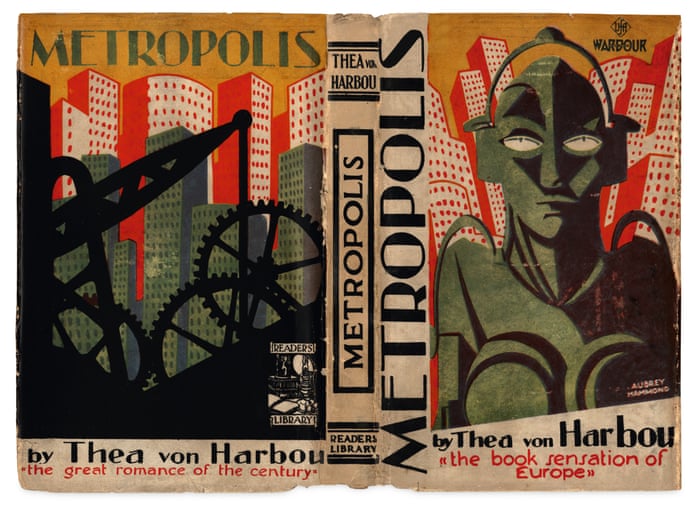
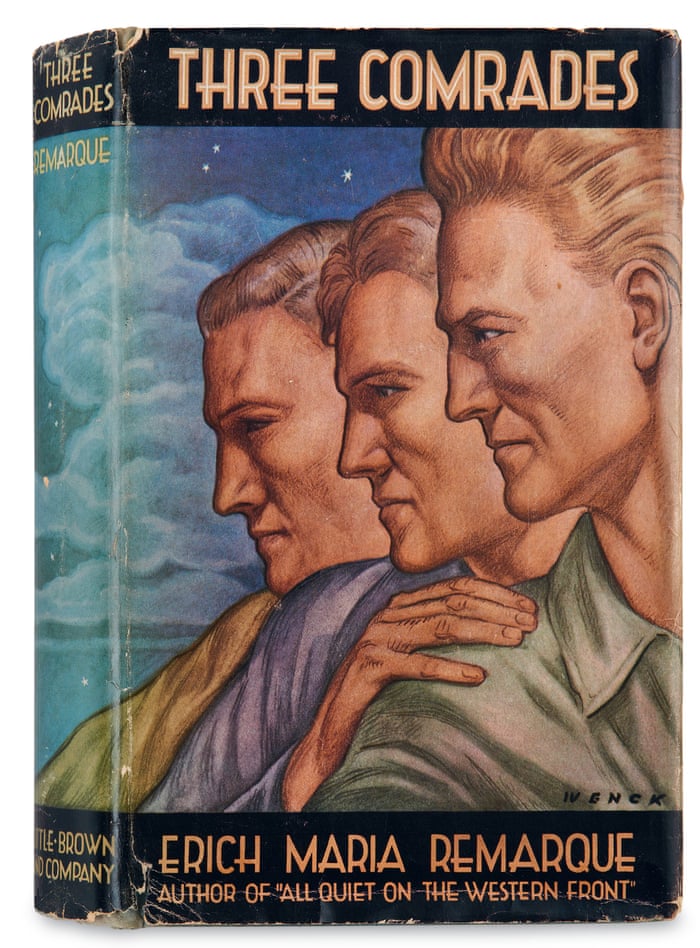

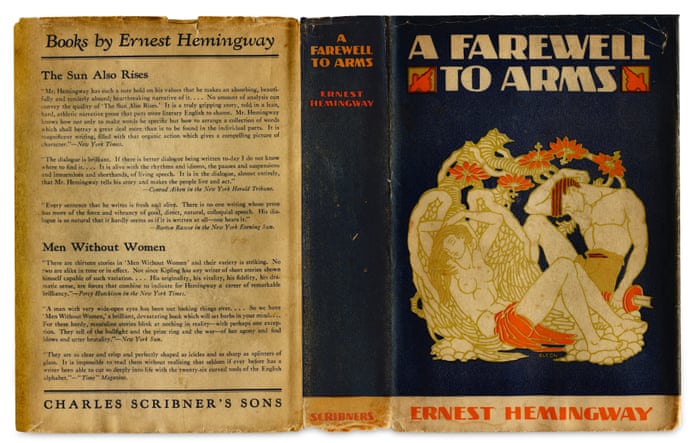

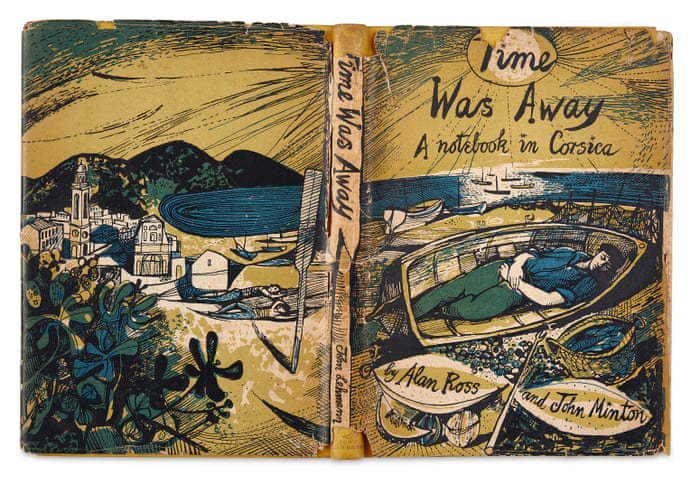 Time Was Away: A Notebook in Corsica by Alan Ross and John Minton (John Lehmann, 1948) Illustrator: John Minton
Time Was Away: A Notebook in Corsica by Alan Ross and John Minton (John Lehmann, 1948) Illustrator: John Minton

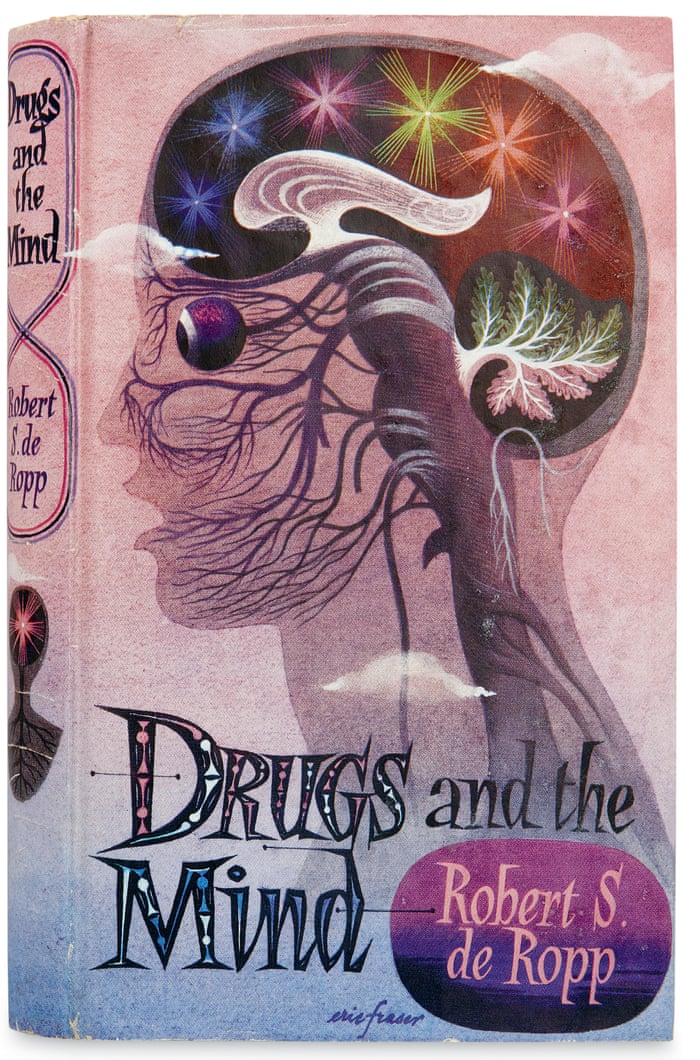 Drugs and the Mind by Robert S. de Ropp (Scientific Book Club, 1957) Illustrator: Eric Fraser
Drugs and the Mind by Robert S. de Ropp (Scientific Book Club, 1957) Illustrator: Eric Fraser



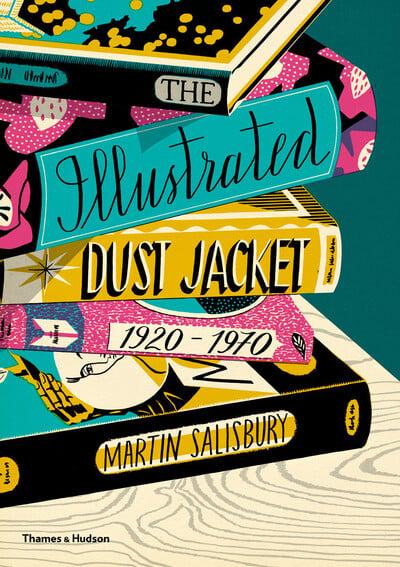 From Martin Salisbury’s The Illustrated Dust Jacket 1920-1970 (Thames & Hudson)
From Martin Salisbury’s The Illustrated Dust Jacket 1920-1970 (Thames & Hudson)



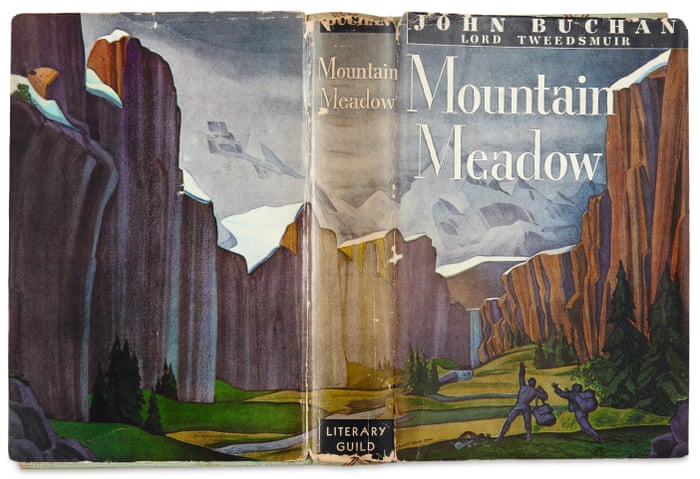 Mountain Meadow by John Buchan (Literary Guild of America, 1941) Illustrator: Rockwell Kent
Mountain Meadow by John Buchan (Literary Guild of America, 1941) Illustrator: Rockwell Kent






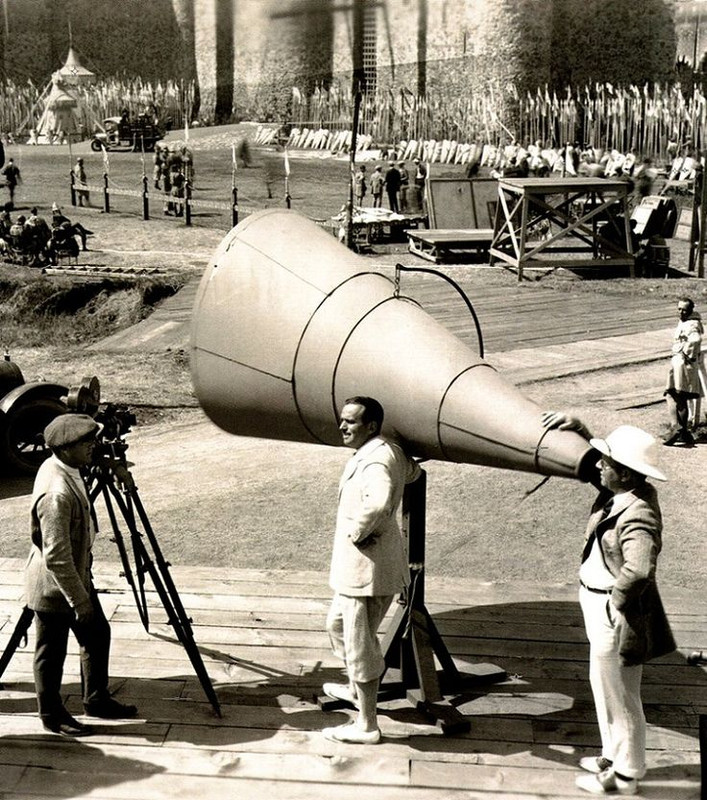
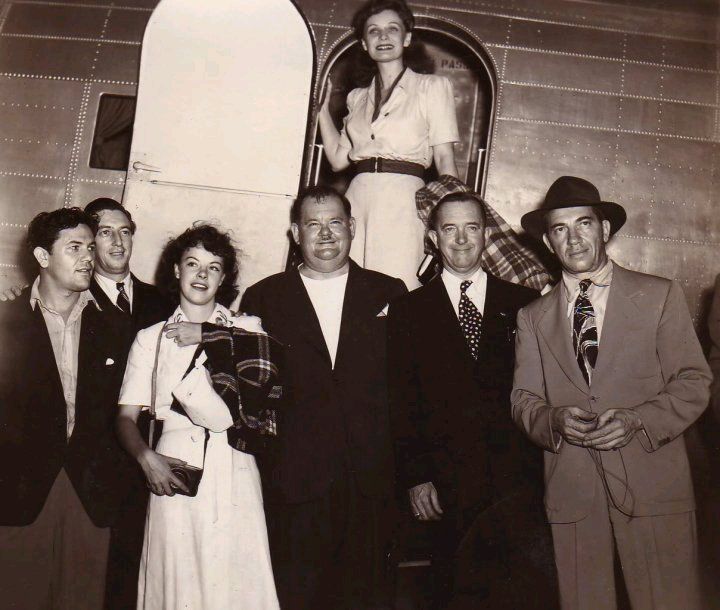
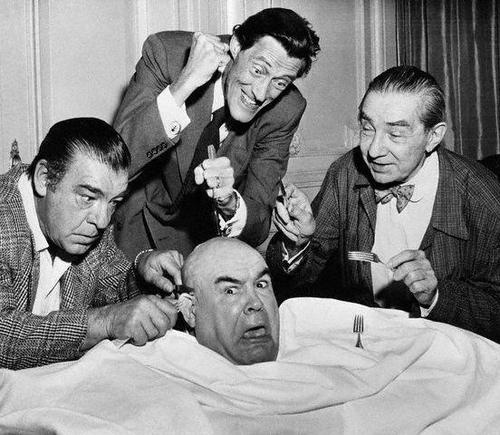
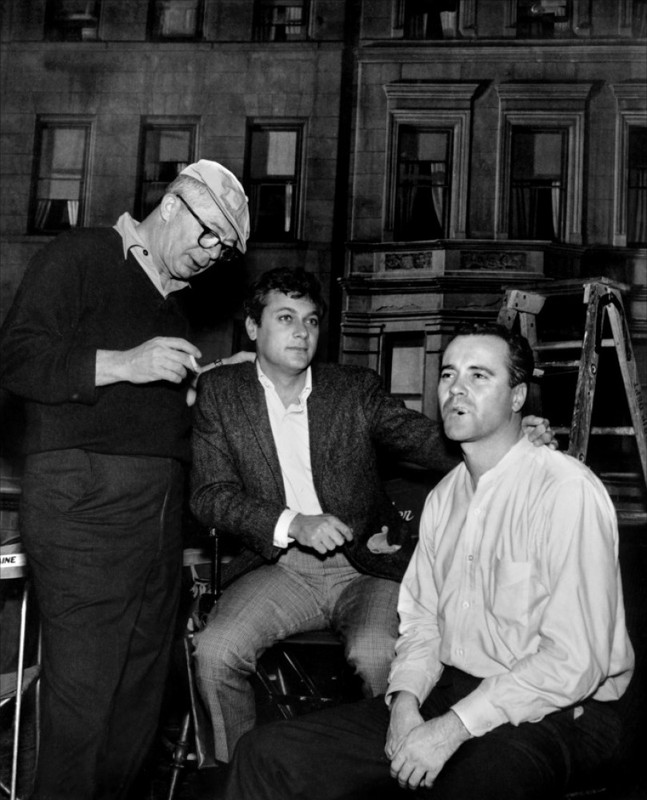

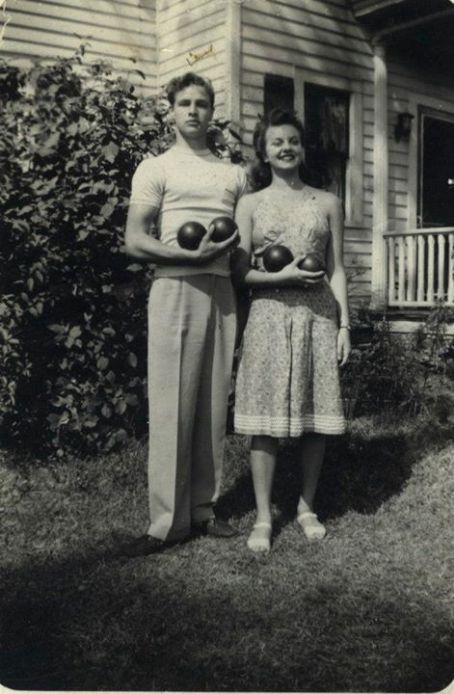

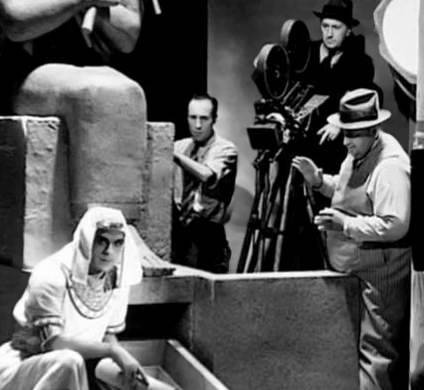
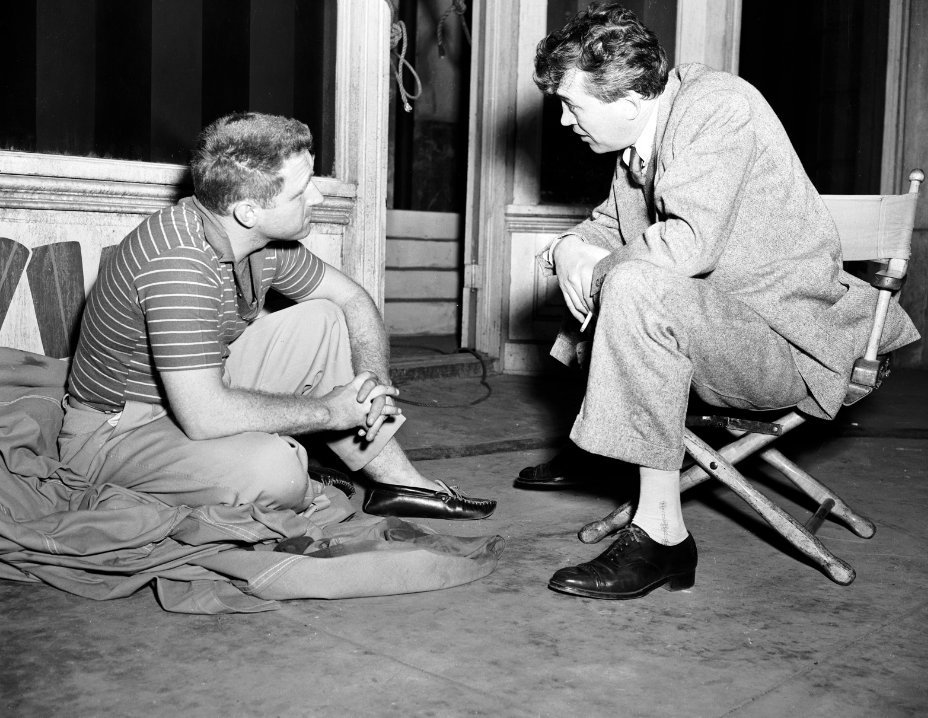
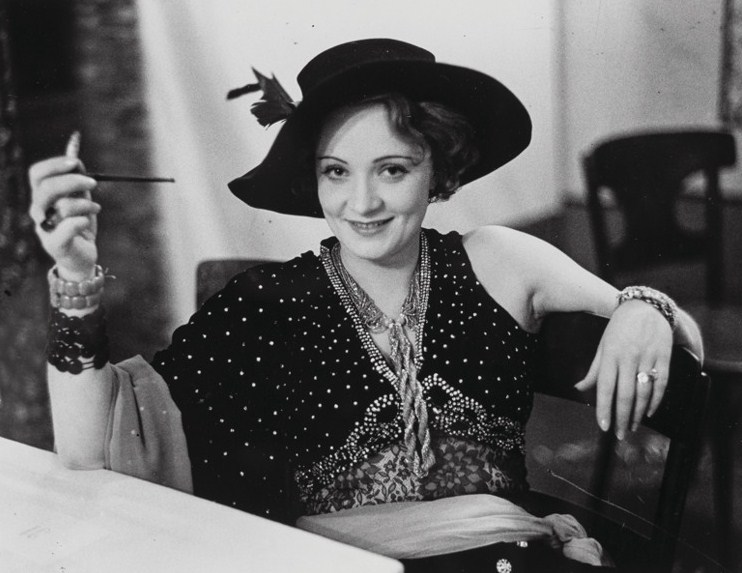
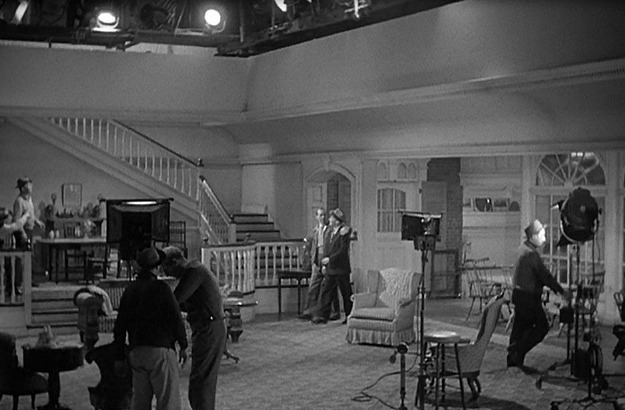
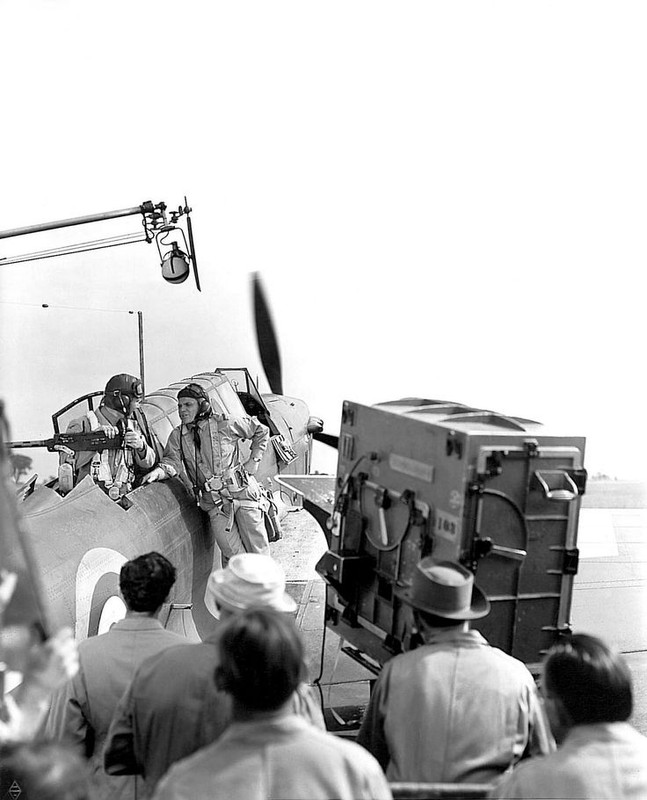
![[IMG]](https://i.imgur.com/DqRNGBR.jpg)



